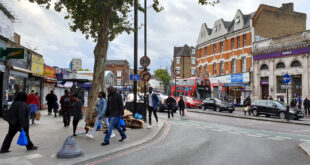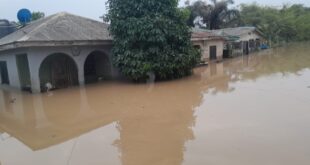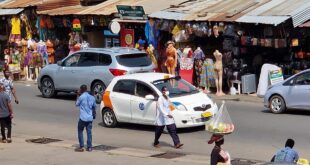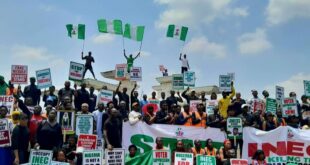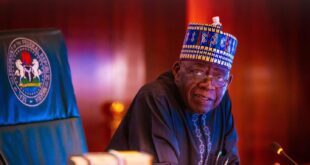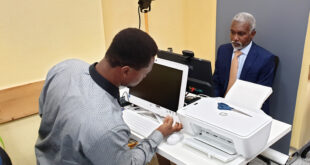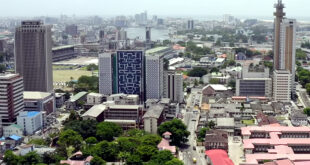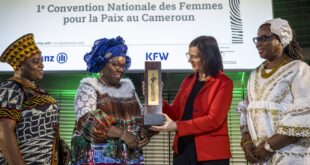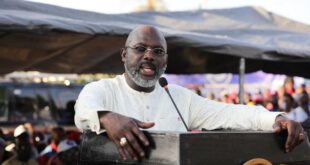The year 2021 has been characterized by thirteen elections in Africa – in Uganda, Niger, Republic of Congo, Djibouti, Benin, Chad, Ethiopia, São Tomé and Príncipe, Zambia, Somalia, Cabo Verde, Gambia, and Libya. Of these 13 elections, only those in Zambia, Cabo Verde and São Tomé and Príncipe could be considered free and fair. Why are elections failing in Africa? Our contributing editor David Monda looks at the reasons behind the credibility problems associated with elections in the continent and how they can be made to work
—
The primary reason for the lack of credibility of most elections in Africa is that the conditions of a level playing field for the incumbent and the opposition are always absent.
For example, in Uganda, the National Resistance Movement government unleashed unprecedented violence on opposition supporters, did not allow the opposition equal and free press and persecuted opposition leaders.
On the matter of a level playing field, in Congo, incumbent septuagenarian Denis Sassou-Nguesso has loaded the electoral commission with allies, coerced or exiled opponents and created an apathy in the electorate to want to participate in elections.
These are dangerous signs for democracy on the continent.
What was turning into a bright spot for democracy in West Africa is on the fast track to autocracy. In spite of the fact Adama Barrow won the Gambian election, his use of parliamentary majorities to frustrate laws that would entrench term limits, his use of the legislature, through his ruling party, as a rubber stamp to legislation, and his bromance with former dictator Yahya Jammeh, have democracy advocates in Gambia very worried.
In Benin, President Pierre Talon has pursued a relentless campaign of jailing or exiling opposition candidates, truncating any legitimate challenge to his hold on power. Elections have become a routine rather than a competitive process of selling diverse ideas to the public in Benin.
In Libya and Somalia, the absence of any strong central government and lack of leadership to bring competing factions together have crippled any chance of free and fair democratic elections. In Libya, the Government of National Unity (GNU) is in a perennial struggle for power with General Haftar in the East of the country. This situation is further complicated with the arrival of Muammar Gaddafi’s son, Saif al-Islam, into the political space. He has won a court case challenging his ability to run in Libya’s election.
On its part, the United Nations Support Mission in Libya (UNSMIL) is incapable of midwifing a credible election with a multiplicity of foreign actors including the United States, France, Italy, Turkey, Russia, Egypt, UAE, and Qatar, backing different factions in Libyan politics determined to remain in power at all costs. Somalia on its part continues to be shackled down in clan feuding in the crippling 4.5 formula system of election of delegates to the national legislature.
In Ethiopia, the Abiy administration is engaged in an existentialist war with the Tigray region of the country. His recent electoral triumph has proved hollow in light of the imminent threat to the disintegration of the Ethiopian state, the humanitarian crisis in Tigray and other parts of the country. Abiy has failed to create an appropriate balance of power sharing between the different regions in the country.
The prevailing reason elections do not work in Africa is that the democratic and free will of the people has not been heard. Elections have deteriorated into selections with avenues to legitimately remove incumbents from power increasingly foreclosed by rigging, muzzling of the free press, criminalization of the opposition, partisan electoral commissions, military intervention and weak institutions of government.
However, not all is lost for elections in Africa. While not widespread, past elections in Malawi, Nigeria, Ghana, Kenya, and Zambia have shown that it is possible to make elections work on the continent. Not all is lost.
Thinking of Zambia as an example, the perennial opposition candidate Hakainde Hichilema, defeated the incumbent president, Edgar Lungu. A big part of this was the long tradition of strong and independent electoral institutions that had been improved since 1991. In addition to this, the opposition in Zambian elections regularly challenges the government to democratize the electoral playing field, allowing for regimes that afford the opposition the capacity to remove incumbents from power.
As Kenya moves into critical elections in 2022, the continent’s eyes will be watching to appreciate the Kenyan variant of electoral democracy. The assertive and independent courts have not shied away from nullifying elections that have not been free and fair. Kenya can be an example of why elections can work in Africa.
—-
Prof Monda teaches political science, international relations, and American government at the City University of New York (York College), New York, USA. dmonda@gradcenter.cuny.edu
 THE AFRICAN COURIER. Reporting Africa and its Diaspora! The African Courier is an international magazine published in Germany to report on Africa and the Diaspora African experience. The first issue of the bimonthly magazine appeared on the newsstands on 15 February 1998. The African Courier is a communication forum for European-African political, economic and cultural exchanges, and a voice for Africa in Europe.
THE AFRICAN COURIER. Reporting Africa and its Diaspora! The African Courier is an international magazine published in Germany to report on Africa and the Diaspora African experience. The first issue of the bimonthly magazine appeared on the newsstands on 15 February 1998. The African Courier is a communication forum for European-African political, economic and cultural exchanges, and a voice for Africa in Europe.





